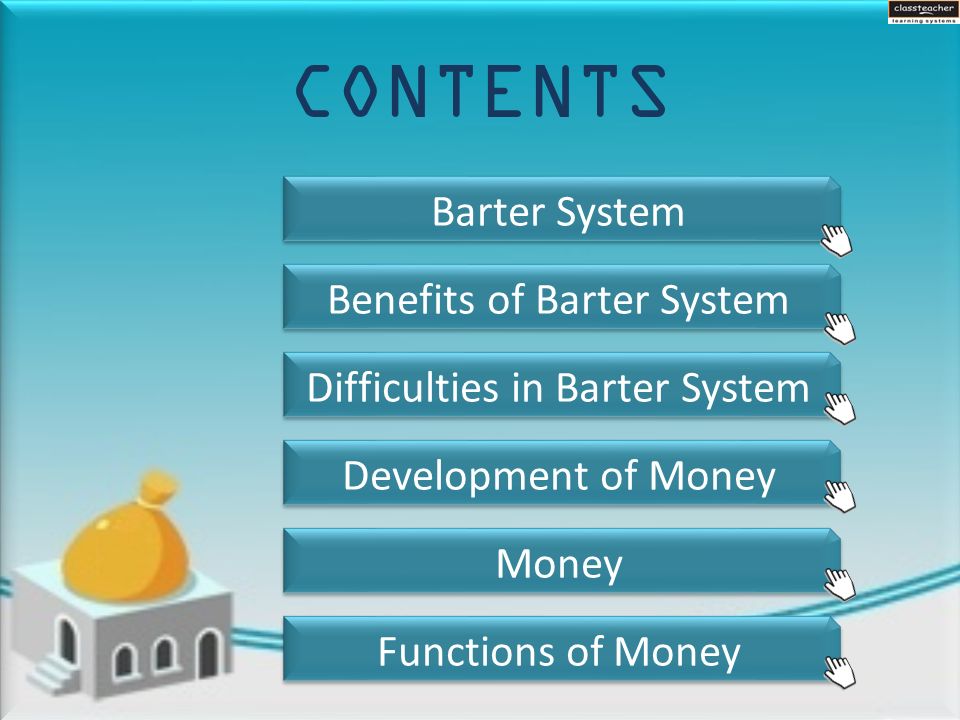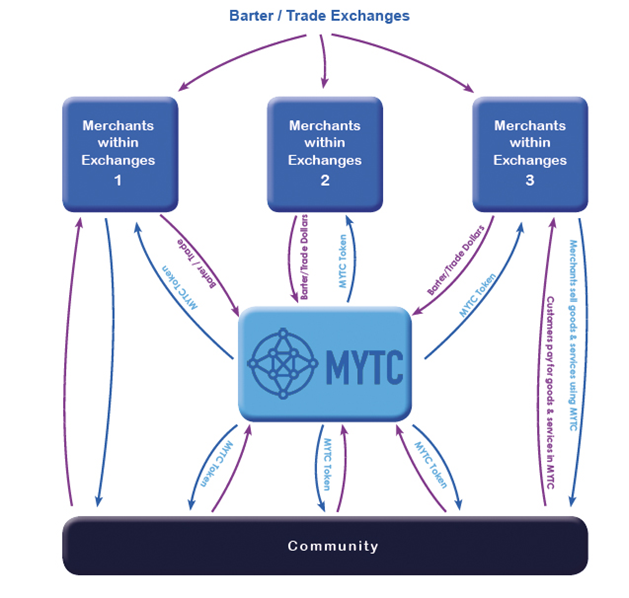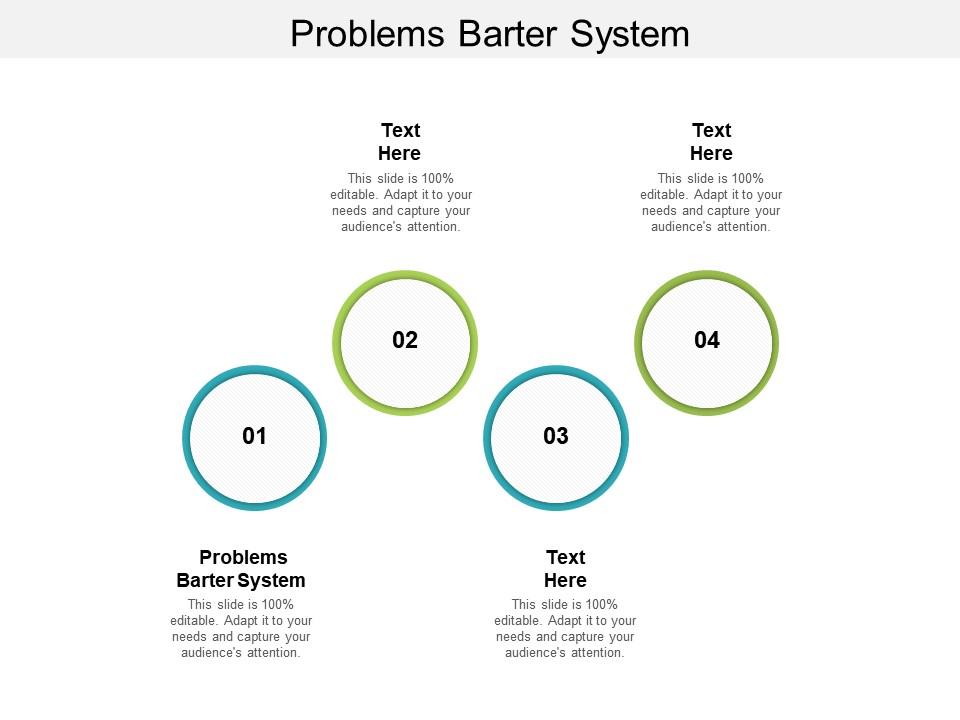The barter system is a method of exchange in which goods or services are directly exchanged for other goods or services, without the use of money as a medium of exchange. While the barter system has been used for centuries and continues to be used in some parts of the world today, it has several significant difficulties that make it an inefficient and inconvenient method of exchange in modern societies.
One of the major difficulties of the barter system is the problem of double coincidence of wants. This means that in order for a barter exchange to take place, both parties must want what the other person has to offer. For example, if I have a surplus of apples and want to trade them for milk, I will only be able to do so if I can find someone who has milk to trade and wants apples. This may not always be possible, especially if the goods or services being offered are not in high demand or are not widely available.
Another difficulty of the barter system is the lack of a common standard of value. In a monetary system, money serves as a standard of value that allows people to compare the relative worth of different goods and services. This makes it easier to determine the appropriate amount of money to exchange for a particular good or service. In the barter system, however, there is no common standard of value, which makes it more difficult to determine the appropriate terms of trade.
The barter system is also limited by the problem of indivisibility. In other words, it is often difficult to divide goods or services into small enough units to be traded for other goods or services of equivalent value. For example, if I want to trade a cow for a dozen eggs, it may be difficult to find someone who is willing to make this trade because the value of the goods being exchanged is not equal.
Finally, the barter system is inefficient because it requires a direct exchange between two parties. This means that if I want to trade goods or services with someone who is not interested in what I have to offer, I will have to find someone else who is interested and is willing to trade. This can be time-consuming and may not always be possible, especially if the goods or services being offered are not in high demand.
In conclusion, the barter system has several difficulties that make it an inefficient and inconvenient method of exchange in modern societies. These difficulties include the problem of double coincidence of wants, the lack of a common standard of value, the problem of indivisibility, and the inefficiency of direct exchange.







